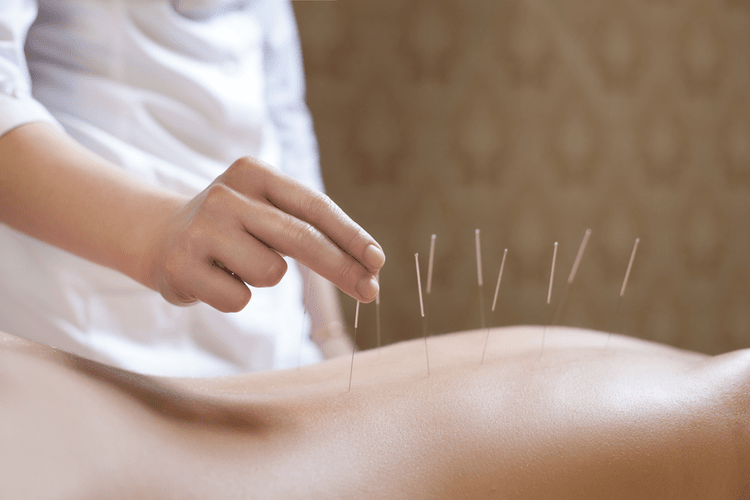אין מוצרים בסל קניות.
Why Do Alcoholics Hurt The Ones They Love?
Whether someone develops alcoholic drinking patterns quickly or more gradually over time, there are numerous treatment options available. During treatment, patients work with skilled mental health counselors and addiction specialists to get to the root causes and conditions of their drinking. This can help individuals begin to break old habits, learn new coping skills, and adjust to life in sobriety. Most loved ones focus on getting the addicted individual help, why do alcoholics choose alcohol over family but it is just as important to get your own help if you are a loved one of a person suffering from a drug or alcohol dependence. Loved ones often experience anxiety, sadness, shame, guilt, trauma and host of other negative emotions due to their loved one’s addiction.
Chanel completed internships at AspenRidge during her studies and eventually joined the team as a full-time primary clinician. Give us a call and we can help find the right treatment program for you or your loved one – even if it’s not ours! Alcoholics may become aggressive or abusive towards their partners, which can have severe consequences. Violence in a relationship is never acceptable and should be taken seriously. With professional help, you can learn accountability and build a healthy structure in your life.
- Not all destructive behaviors of people with an addiction, alcoholics, and those with mental disorders are noticeable.
- If you keep drinking during a blackout, you could experience an overdose.
- Another problem that is sometimes faced by loved ones is taking on the role of caretaker in order to take care of the addicted individual and the family as a whole.
Those who have suffered verbal or physical abuse at the hands of the alcoholic deserve to be healed. It is important to prioritise self-care and seek support from friends, family, or peer support groups like Al-Anon. Educate yourself about substance use disorders and treatment options to better understand your spouse's experience and make informed decisions. While you can provide information and support, you cannot cure your spouse's alcohol use disorder, and they must be committed to seeking help themselves. Secondly, the impact of alcoholism on the spouse of an alcoholic can be emotionally painful and stressful. You may feel exhausted from taking on additional household responsibilities and overwhelmed by constant worry about your partner's https://www.demo.cphs.edu.np/2023/04/27/how-alcohol-affects-your-skin-health-benefits-of-3/ health and well-being.
Alcohol use disorder (AUD) is characterised by impaired ability to stop drinking
In addition to the family roles that have formed, your family has been led astray by the alcoholic, addict, or loved one with mental disorders. As an interventionist, the most challenging task is helping your family conclude that an intervention always occurs. There are times when the person does not codependently seek out a person with an addiction to alcohol or drugs or someone with a mental disorder in a codependent way and finds out later there is a problem.
Verify Your Insurance – It’s Fast & Free!
Many drug rehabs accept insurance but also have private pay, or financing options available. Contact our rehab admissions specialist today, and we can help you navigate insurance questions, payment options, and treatment plans. If you or someone close to you is facing challenges with alcohol misuse or addiction, we’re here to help. Reach out to us today or explore our treatment options to take the first step toward healing. Researchers say that alcohol causes brain cells to release dopamine, and the more you drink, the more is released.
Trust Is Essential for Love
Once they get their lives back in order, they either self-sabotage or believe it is ok to try drinking alcohol or using drugs again. They often believe they have figured out how to avoid the pitfalls of “the last time,” and their primary method of recovery is to “not do those things” again. Several theorists note that the association between parents' alcohol problems and child outcomes are mediated or moderated by the quality heroin addiction of the environment, including both parent and peer influences (Windle 1994). Indeed, results from the Minnesota Twin Family Study indicated that parent-child relationships and peer deviance accounted for 77% of the variance in substances used by age 14 (Walden et al. 2004).
Alcohol Addiction Impacts Children More Than Families Think
- Alcoholics resort to binge drinking as a way to escape stress, mask their depression, or relieve anxiety.
- Several models for increased vulnerability among children of alcoholics have been proposed, including the risk for substance abuse problems among children of alcoholics (see Sher 1991, Zucker 2006).
- If someone you love is struggling with alcohol use, learning about the reasons behind behaviors like blaming can help you better support your addicted loved one as well as yourself.
With our trained and compassionate professionals in your corner, freedom can be yours. We have dedicated our resources to ensure that all content published to our blog is medically sound. As such, all content on our blog has been thoroughly reviewed by a doctorate level clinician such as a Medical Doctor, or Psy.D, so that you can trust all of the data we publish.

Constant problems with money can be a dead giveaway if someone has a substance use disorder. They might do things like run up their credit or debit cards, look for loans, always ask to borrow money without a good reason. Eventually, they’ll start stealing money or anything valuable to sell for drugs. In the view of an alcoholic, nothing matters more than where they are getting their next drink. The following fix will remain the most essential thing in their life until they enter recovery because their body quite literally needs the substance for them to function. This idea that it’s “everybody else” is also why alcoholics deny that they have an addiction.

Over time, and like the alcoholic or addict, people seek escape and comfort. A dysfunctional family member, along with their distorted perception, starts to act and think exactly like a person with alcohol, drug, and mental health problems. Both devise excuses to avoid any change, even when the change is positive. Unless a family is willing to accept this and address it, the chances of growth and change are far less than average.

The disease model has led the patient and their treatment providers to look at them differently. Our consistent message is to remind families that interventions are not about learning how to control or stop the person’s addiction. Healthy boundaries, encouragement to go back into treatment, and holding loved ones accountable are the best course of action. Do not allow them to take you hostage again, and do not feed into their need to create chaos and drama; addicts and alcoholics thrive in that and you do not. Lastly, do not react and allow them to blame you for what is happening. When a family allows that to start up again, they allow the substance user to reclaim the victim role while feeding the resentment that leads to substance use.
There is also a strong link between mental illness and higher instances of alcohol use disorder. The result is that people will use increasing amounts of alcohol and they eventually become addicted. Individuals who experience traumatic life events are much more likely to develop Post-Traumatic Stress Disorder (PTSD). PTSD develops after someone is exposed to emotional or physical trauma leading to long-lasting psychological consequences. 4 They often turn to alcohol as a way to self-medicate and cope with PTSD symptoms, perpetuating a cycle of misuse and inevitable addiction.


